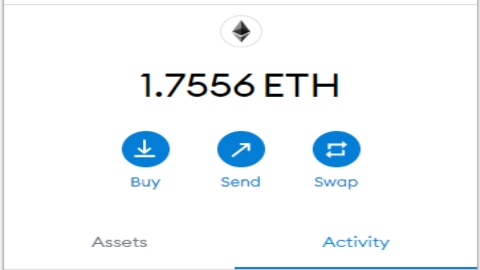Johann Steynberg, CEO of Mirror Trading International (MTI), a South African-based trading platform, was caught in Brazil for being linked to a Ponzi scheme using bitcoin (BTC).
The Brazilian police recently reported that they arrested Steynberg, on December 30, 2021, in the province of Goiânia. The subject mobilized between 2019 and 2020, around 16,000 BTC, from various investment platforms with cryptocurrencies.
“After an intense work of identification and monitoring, and with the help of information provided by the Federal Police of Brazil, it was possible to identify and approach the suspect, who at the time of the approach presented a false identity”, they reported the security forces of the South American country.
South Africa’s Financial Sector Conduct Authority (FSCA) reported that the “top management” of MTI was carrying out an “illegal operation, deceiving its clients.” Following the warning issued by the authorities, Steynberg fled his country in 2020, after preventing users from accessing their investments.
They also warned that MTI did not have the necessary permits to offer financial services with cryptocurrencies.
Since 2021, South Africa’s financial regulators have been working to establish regulatory standards on cryptocurrencies, which represents a change in its policy of not intervening in that sector.
Beginnings of the Mirror Trading International scheme
MTI began operating in 2019. After one year, in 2020, the platform registered 260,000 people from all over the world and handled 23,000 BTC, reported Bloomberg.
The expansion of the platform reached the United States, forcing the FBI to participate in the investigation to help the liquidators of the South African Ponzi scheme recover investor assets.
It is noteworthy, as explained in the corresponding CriptoNoticias page, Ponzi schemes are a type of fraud, in which those who enter first obtain investment interests from the newest participants. For this, it is necessary to bring in new participants until, eventually, the system collapses.
After the collapse of MTI and being unable to respond to investors for their cryptocurrencies, Steynberg decided to disappear.
On the other hand, the FSCA revealed that MTI went from using a broker called FXChoice, regulated by Belizean law, to an unregulated one called Trade300. Amid the investigations, the authorities requested the information of MTI’s transfers with the assets of FXChoice’s clients to Trade300.
In that sense, MTI detailed that it had transferred more than 16,000 BTC from FXChoice to Trade300 to bitcoin wallets in four installments between July 21 and 24, 2020. Until now, according to what could be verified, the Trade300 website is Out of service.
The FSCA indicated that the only related reference to the Trade300 website is the name of “Joe Steyn”, aliases of Steynberg himself. From what is presumed, the transfers were made to a platform managed by the same executive.
The authorities of the African country indicated that Steynberg even declared under oath and to the press, that the trading company generated a return of 10% per month and that he had never had a negative earnings trading day. Promises of returns of such magnitude are suspicious in a market characterized by its high volatility


